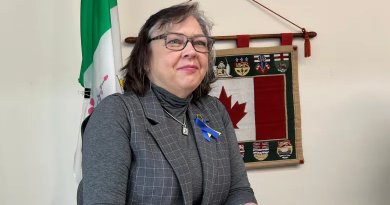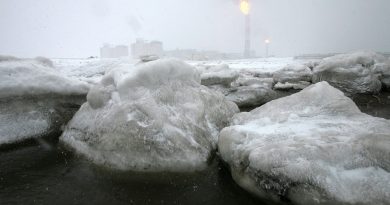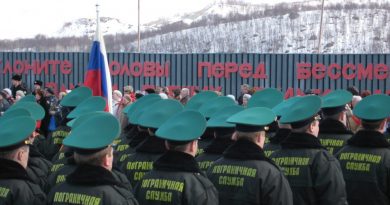Harmonized data could help understanding of COVID-19 pandemic in North: Arctic Council briefing doc
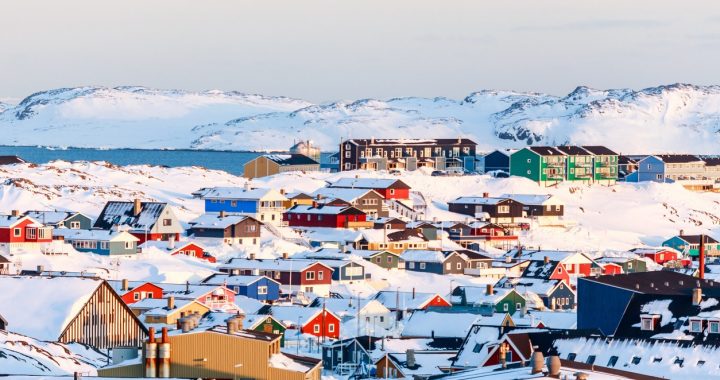
Harmonized data and circumpolar oriented statistics would contribute to better understanding the COVID-19 pandemic in the North, says a briefing document from the Arctic Council released this month.
“With the current pandemic, there is a particularly urgent need to harmonize data, including analysis methods and the number of cases, recoveries, hospitalizations and deaths,” the report said.
“Arctic regions face many of the same conditions and challenges regarding Covid-19, thus enhancing circumpolar and transnational collaboration, surveillance and harmonization of case definitions are important to control the pandemic in the Arctic.”
The report, “Covid-19 in the Arctic: Briefing Document for Senior Arctic Officials,” was put together for the most recent Arctic Council senior Arctic officials meeting in Iceland that took place in June.
It was put together by consulting national and subnational statistical databases and peer-reviewed articles, policy statements, technical guidelines, field surveys, and local observations from Arctic communities.
The document does not represent the official view of the Arctic Council, but was put together to identify knowledge gaps when it comes the affect of COVID-19 on the North and ways the Arctic Council might contribute to informing pandemic management
Preparing for second wave
To date, COVID-19 cases have been eliminated or are under control in most of the world’s Arctic regions outside of Russia, but the briefing document says acquiring more circumpolar oriented data would help better prepare Arctic regions navigate the coming months, as well as prepare for future pandemics.
“In general, remote communities have an advantage in these situations since they can keep track of people entering their areas, which is nearly impossible in larger cities,” the briefing document says. “On the other hand, if and when the virus is able to penetrate these communities, there will be many challenges to overcome. For example, there is no immunity to the disease, the capacity of the health care system is often quite limited, and rapidly transporting a sick person great distances to receive specialized care is difficult.”
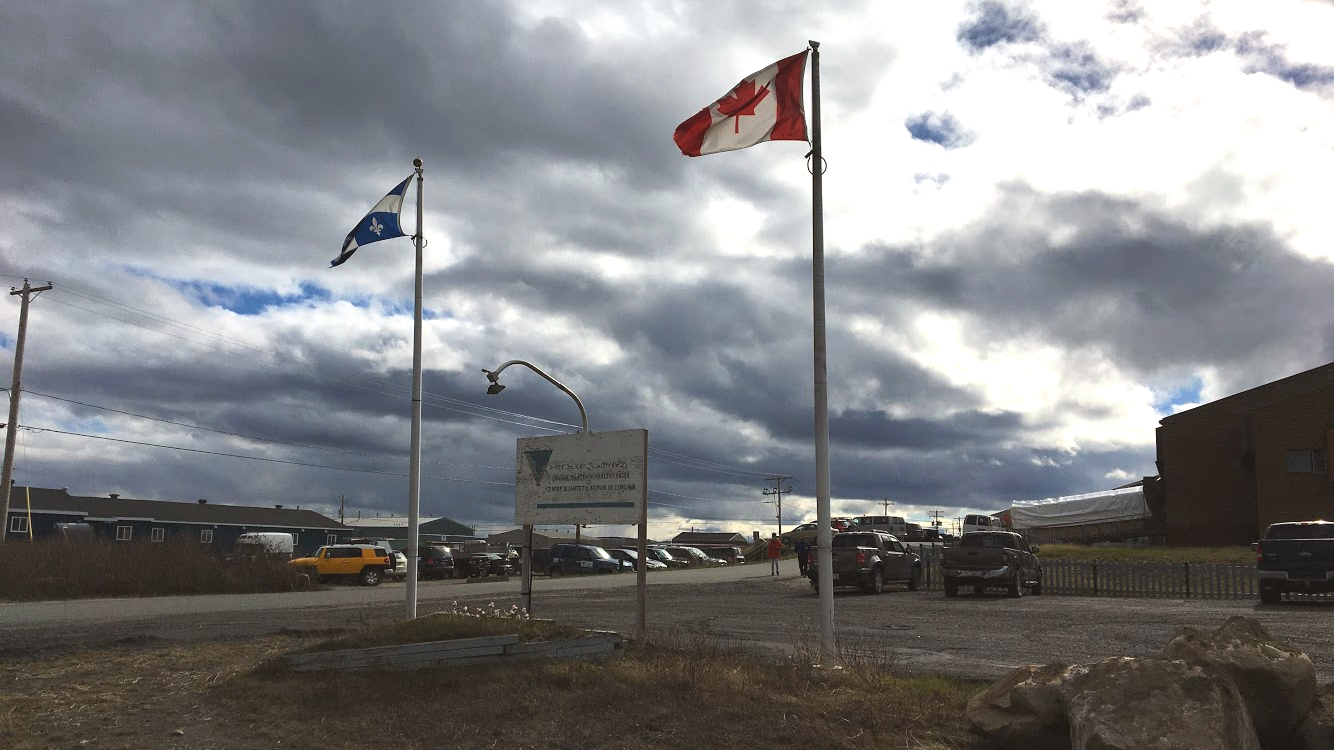
Different regions of the Arctic also have different characteristics that make them more vulnerable to COVID-19 from the housing shortage and resulting overcrowding in many of Canada’s northern regions, to the particularly elderly population in many of Europe’s Arctic regions.
“…it is of utmost importance to put in place effective measures to prevent the virus from entering these communities,” the document says. “Even if infection rates have been low in much of the Arctic until now, it is important to recall that additional waves may come as states lift restrictions.”
Need for local economic data
The briefing document also identified a need for more circumpolar specific data to help buffer Arctic communities from the prolonged economic fallout from COVID-19.
“More data are necessary across the wide range of economic indicators and geographical hierarchies, but most urgently at the local/community level,” the document said.
“One common characteristic of the Arctic regions is their reliance on global trade, and specifically on specialized exports such as oil, natural gas, minerals and fish, while also depending on importing vital necessities such as fuel, food, equipment and more. Thus, any interruptions in trade deeply affect the Arctic.”
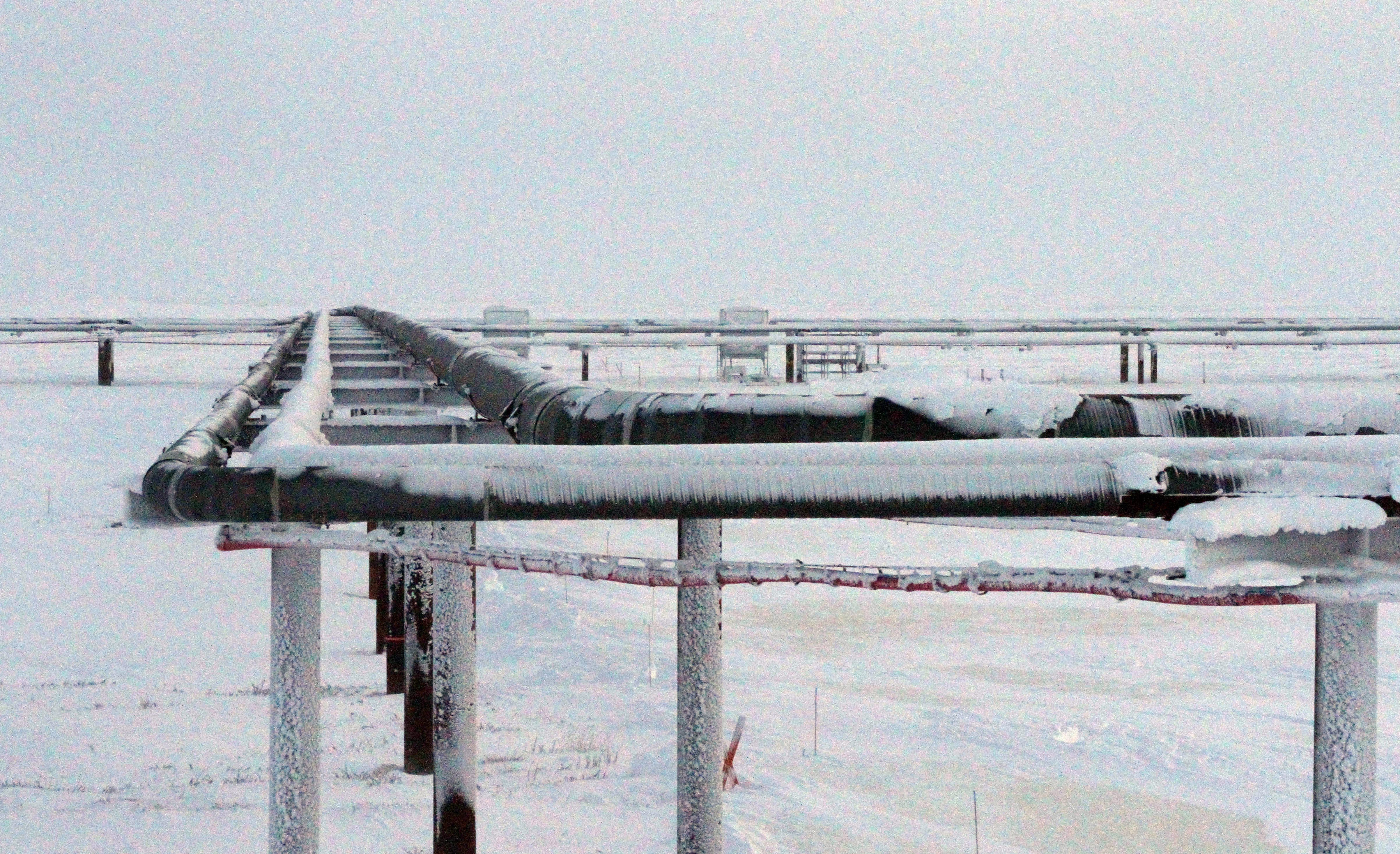
Potential areas for action include bolstering digital and physical infrastructure in the North, including building on traditional economic activities and bolstering local workforces.
“Development and retention of the local human capital is a priority for the post-Covid-19 Arctic. However, relying on non-resident labor force is unavoidable in certain regions and sectors. There is a need to understand and implement measures and mechanisms for a safe deployment of these workers in the Arctic under current and future pandemics.”
The Arctic Council is an international forum made up of Canada, Denmark, Finland, Iceland, Norway, Sweden, Russia and the United States; and six Arctic Indigenous groups; the Aleut International Association, the Arctic Athabaskan Council, the Gwich’in Council International, the Inuit Circumpolar Council, the Russian Association of Indigenous Peoples of the North and the Saami Council.
The council was established in 1996 to work on sustainable development and environmental protection in the North.
Write to Eilís Quinn at eilis.quinn(at)cbc.ca.
Related stories from around the North:
Canada: Nunavut to get $18.9M from Canada’s federal gvt for COVID-19 response, Eye on the Arctic
Finland: Russian tourists eager to book holidays in Finland despite border closure, Yle News
Greenland: Greenland extends COVID-19 entry requirements until July 20, Eye on the Arctic
Iceland: Iceland revises COVID-19 border screening rules for citizens, residents, Eye on the Arctic
Norway: Norwegian Arctic wilderness tourism hit particularly hard by coronavirus, The Independent Barents Observer
Russia: The city that builds Russia’s nuclear submarines now has more than 2,000 COVID-19 cases, The Independent Barents Observer
Sweden: Sweden’s top epidemiologist admits he got COVID-19 strategy wrong, Radio Sweden
United States: Alaska Highway travellers might be in for rough ride this summer, CBC News

